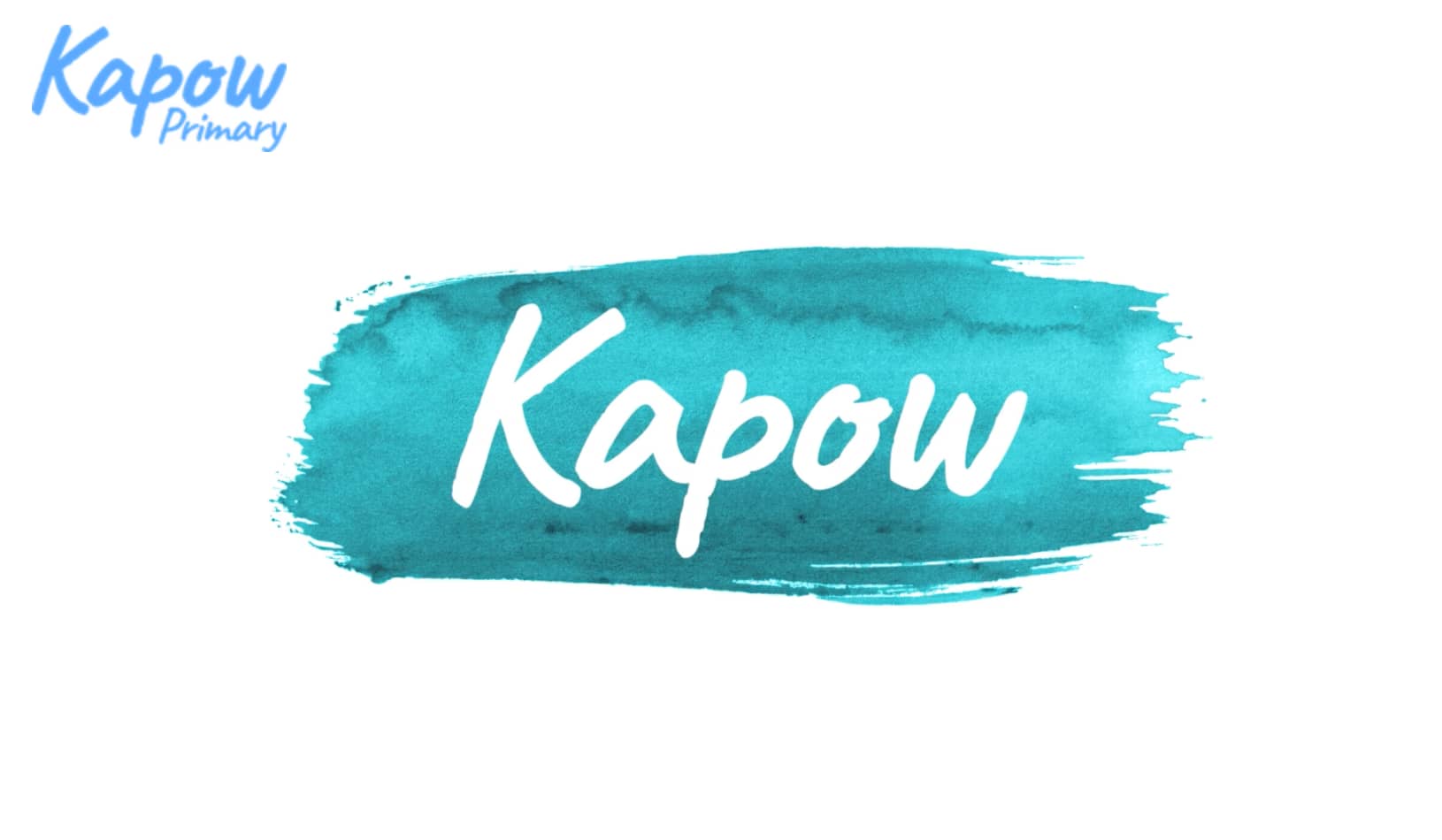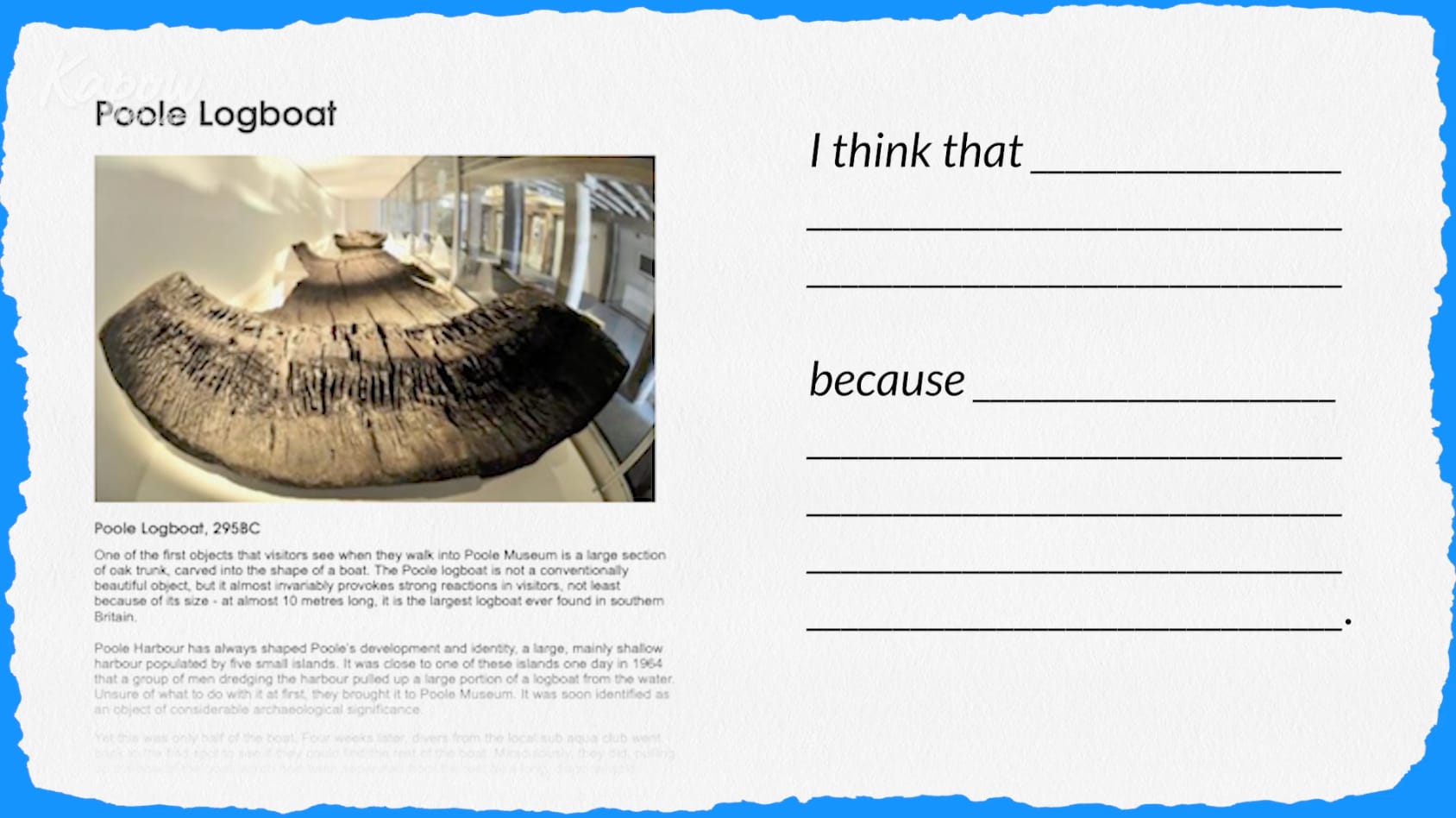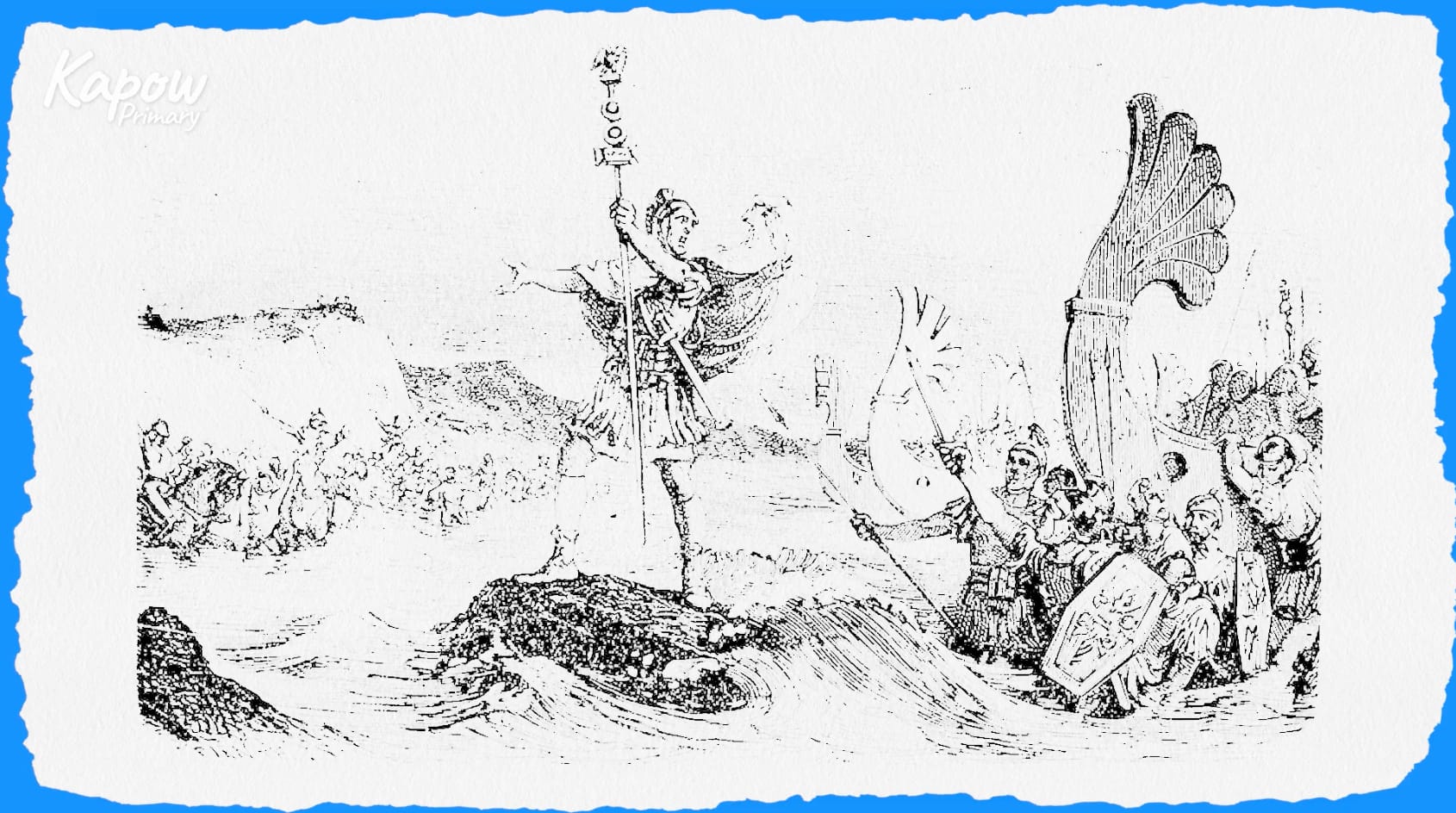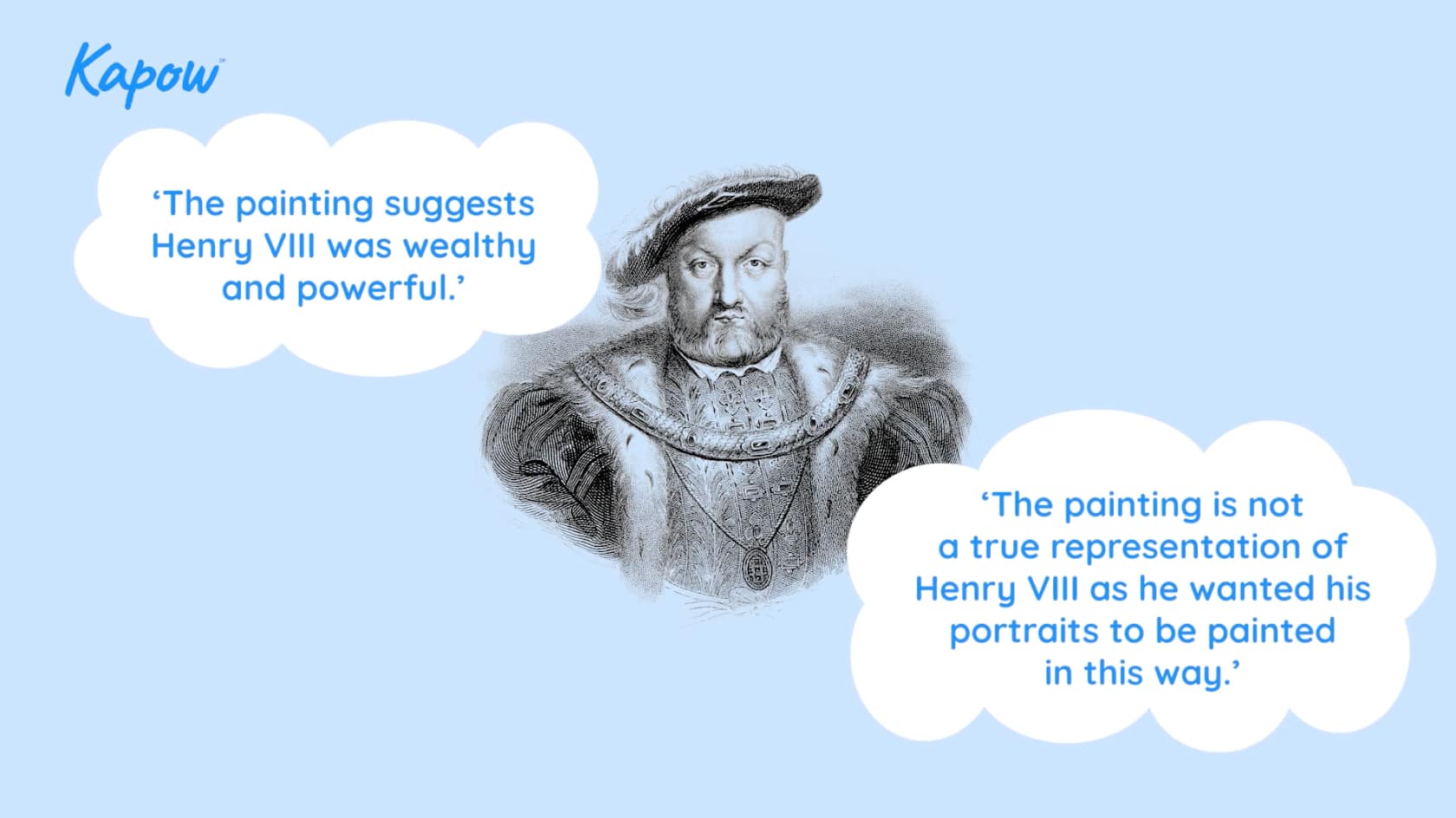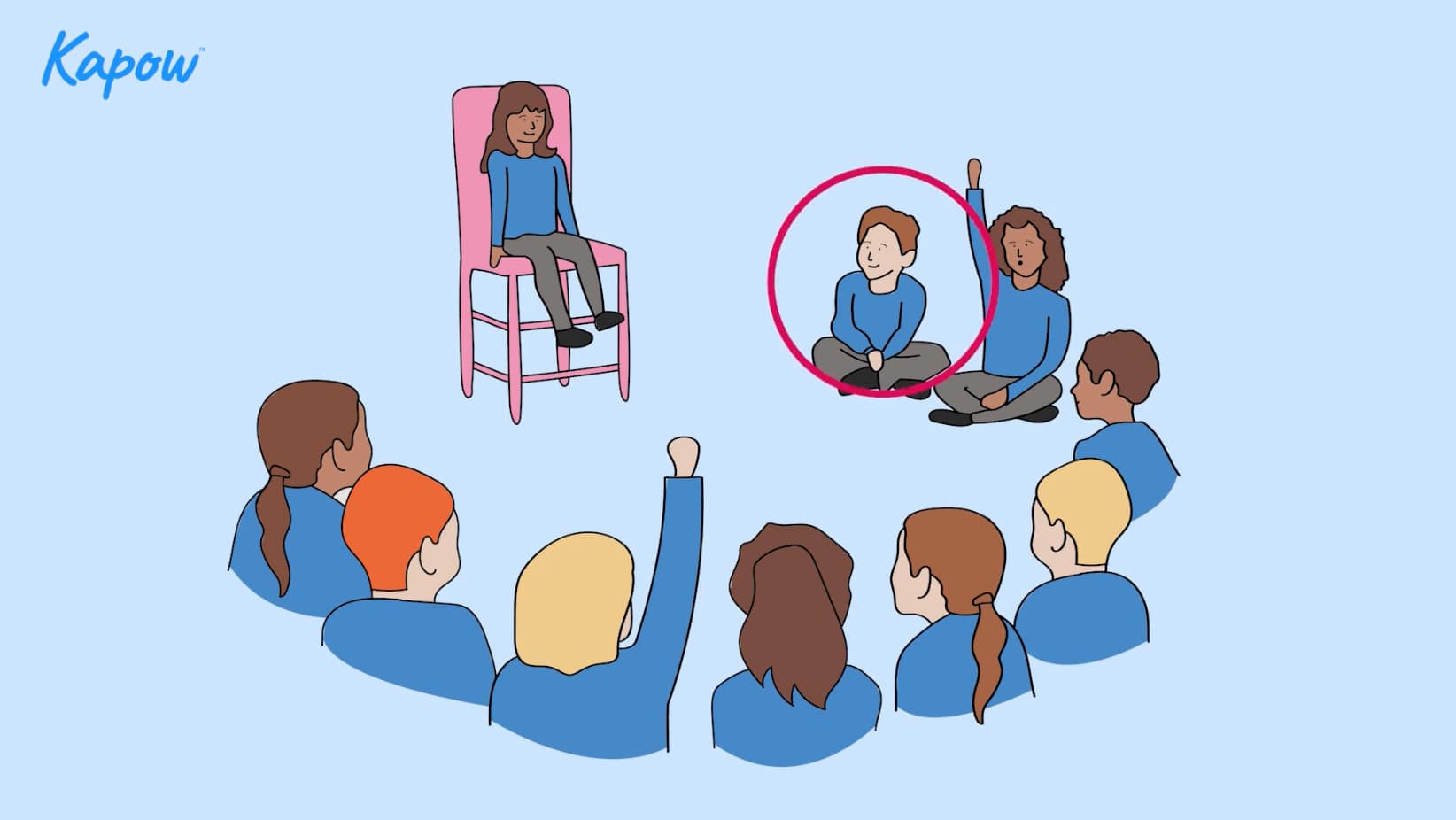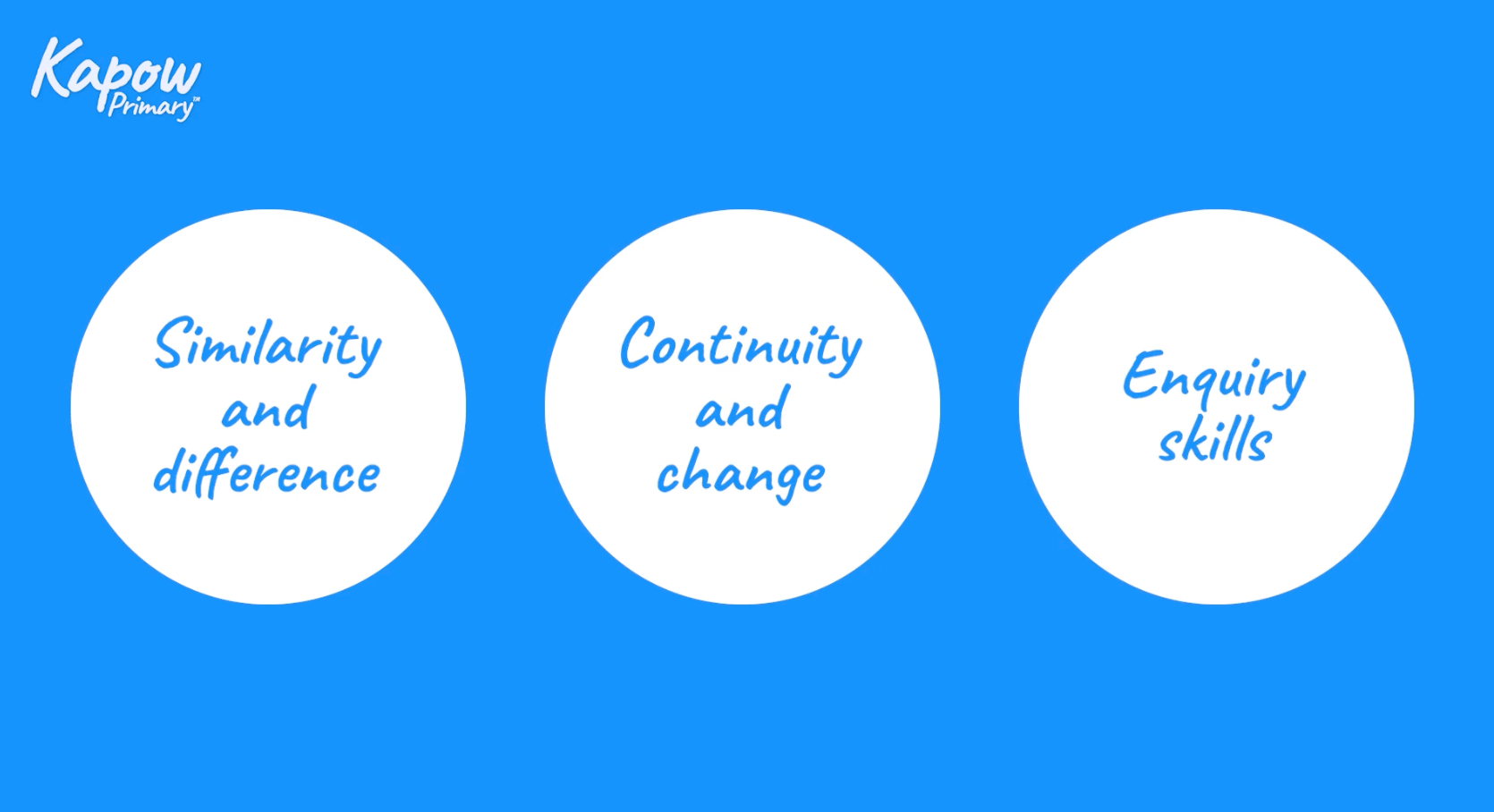This French scheme of work video introduces teachers to the skills needed to help Key stage 2 pupils describe places in a town and their route to school.
year: Year 6
Teacher video: Developing questioning
A History video that helps teachers guide pupils in asking and answering historical questions, developing enquiry skills, and using evidence to investigate the past.
Teacher video: Historical interpretation
A History video that helps teachers develop the children’s skills in understanding and evaluating historical interpretations.
Teacher video: Cause and consequence
A History video that helps teachers develop the children’s skills in analysing causes, events, and consequences.
Teacher video: Sources of evidence
A History video that helps teachers develop the children’s skills in using sources as evidence to investigate the past.
Teacher video: Hot seating
A History video that helps teachers use hot seating to develop the children’s enquiry and empathy skills.
Teacher video: Using the census
A History video that helps teachers guide the children in using census records as a historical source.
Teacher video: Risks of gambling
This PSHE scheme of work video is part of a lesson in which pupils explore the concept of gambling, its risks, and the impact it can have on people’s lives.
Children begin by learning what gambling is: taking a risk in the hope of gaining a reward, often money. They are introduced to examples such as the lottery, scratch cards, betting, or simple games of chance. Pupils will come to understand that gambling businesses are designed to make money, that the odds are usually against the gambler, and that people are more likely to lose than to win. The lesson highlights the risks associated with gambling. Pupils learn that it can lead to financial problems, such as debt, as well as emotional consequences like stress and anxiety. Relatable examples help children see how quickly losses can build up and how gambling can affect wellbeing.
As this is a sensitive topic, pupils are encouraged to reflect on different attitudes and experiences around gambling and to discuss their thoughts respectfully. The video gives advice on creating a safe and supportive space for questions and concerns.
This video is part of Kapow Primary’s Year 6 Economic wellbeing unit. It helps pupils build awareness of the risks of gambling and develop strategies to protect their wellbeing.
Teacher video: Truisms
This archived Art and design scheme of work teacher video is part of a lesson in which pupils explore how art can be used to communicate powerful messages, as they develop both their visual and language literacy skills.

